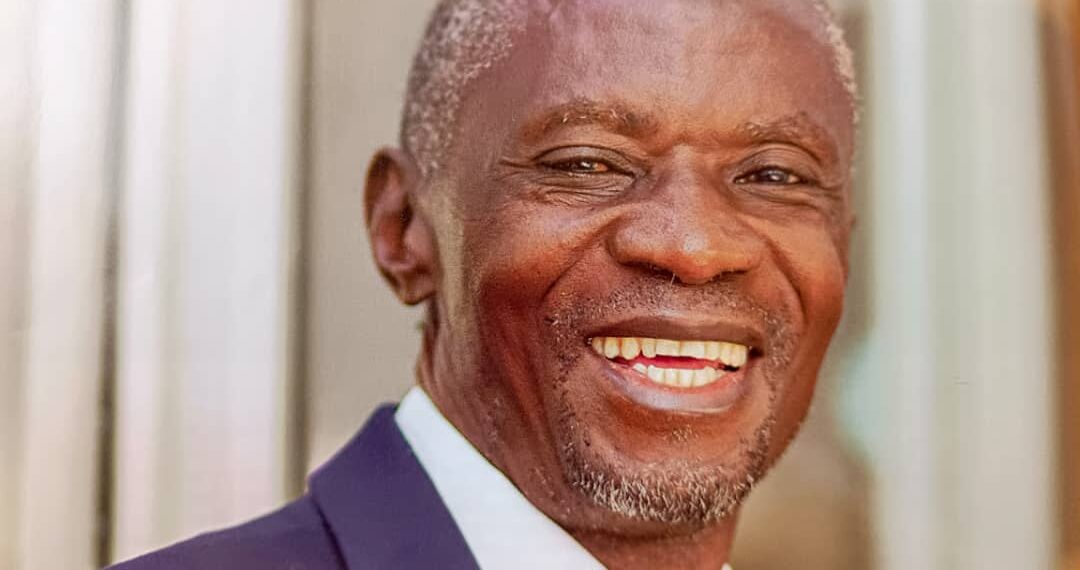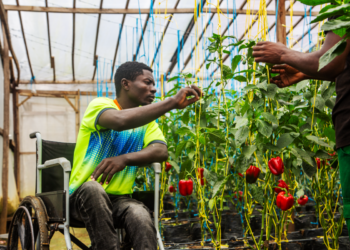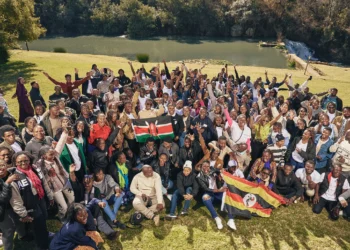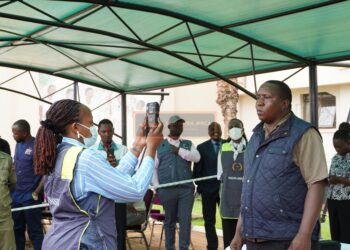Muhammad Wampamba is a name destined to make it to the annals of history in Uganda. The unassuming innovator is the visionary behind the rotary bread oven, which is changing the lives of many bakers in the East African region.
A resident of Najjanankumbi, Kizito Village, Rubanga Division in Kampala District, Wampamba says he was forced out of the baking business because of the poor quality of his bread.
“I tried all different recipes, but the result was the same,” Wampamba says. “Since my bakery business had collapsed, I needed to find a way to earn a living for my family, so I taught myself how to fix ovens, and soon I was good at it.”
When he noticed the kind of ovens his competitors used, Wampamba realised that the quality of the oven made all the difference. But the quality ovens cost between Shs80 million [about US$21,800] and Shs100 million [US$27,00] which most bakeries cannot afford.
“The biggest amount I had on my account those days was only Shs100,000 [US$27],” he says.
Without money to buy his own state-of-the-art oven, Wampamba flirted with the idea of making his own. About three years later, a friend tasked him to get him a good quality oven.
“While searching the market for one, I met an Eritrean businessman who was winding up his business in Uganda to move to Juba who had one for sale. Before buying it, I took the opportunity to inspect it thoroughly and I realised that, with the right materials, I could make a similar oven,” says the entrepreneur.
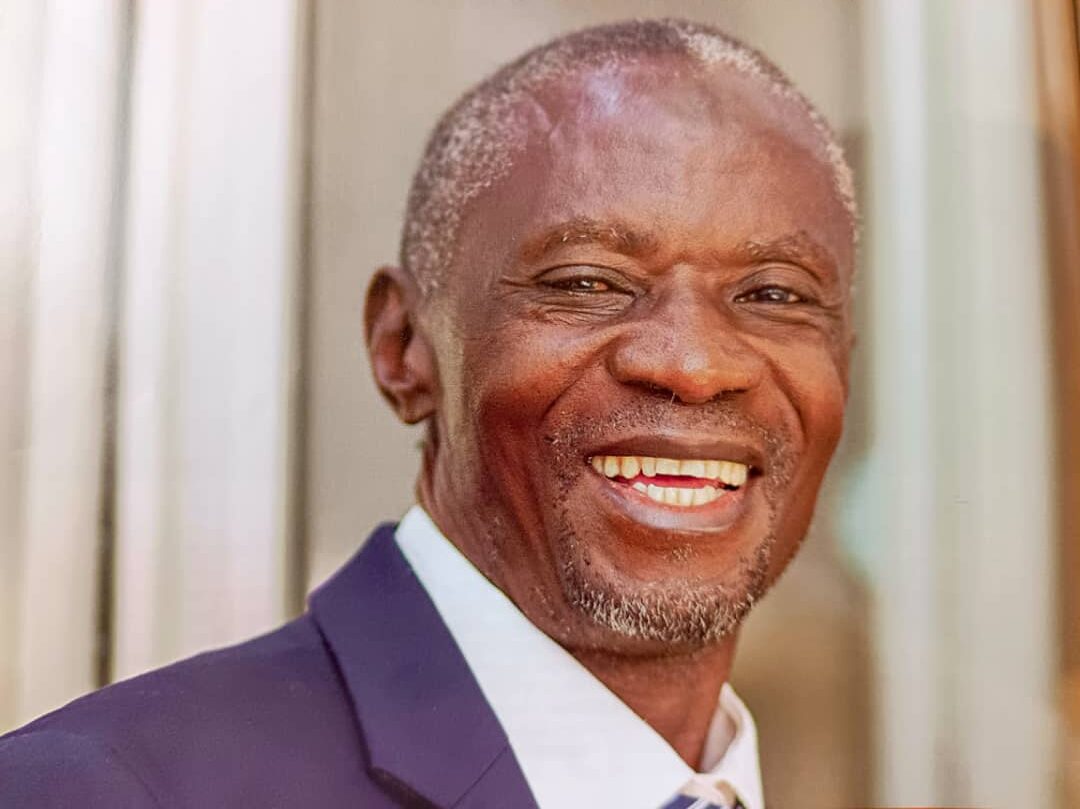
Wampamba then began making prototypes at home until he got one he was satisfied with. Next, he needed funding to buy parts that he needed to use to assemble a working oven. He approached a local Microfinance facility for a loan, and they gave him Shs3 million [US$816].
“At first, I was worried that I might fail to pay back the loan and lose my property for just Shs3m, but I remembered Hajji Ssebalu’s words that most people never fulfil their potential because of fear. The truth is fear blinds you and ties you down. I chose to face my fear and get a loan. With this capital, I assembled the first Rotary oven,” says Wampamba.
About five months later, David Muganzi, the proprietor of Muganzi bakery, said he had heard about Wampamba’s oven and tasked the latter to make one for him, too, which helped encourage the budding fabricator.
Wampamba says he has always been fascinated by how the rich and successful got there and their journeys have been his source of education, information and inspiration. “One time, as I watched a programme that had hosted the [ruling Resistance Movement party] NRM Vice Chairman Moses Kigongo, and he urged viewers to have faith in their own abilities. He said anyone can do anything as long as it was made by human hands. Those words changed my life forever,” he explains.
With Kigongo’s words spurring on him, Wampamba used the Shs23m upfront payment he received from Muganzi to buy materials, format and later assemble the oven at Muganzi’s Barkery.
However, he still needed Capital to be able to produce ovens on a commercial basis, and a solution emerged via Hajji Jamil Ssebalu. During a talk-show on Bukedde TV, Hajji Ssebalu, who is also the director of Namasuba College of Commerce, said there were funding opportunities for entrepreneurs at Private Sector Foundation Uganda (PSFU). He said all one needed to get funding was a strong project proposal.
“As soon as his programme ended, I called him because he shared his number on air. I explained to him my attempts at making my own oven and the financial limitations that were frustrating me. He kindly gave me guidelines on how to formulate a proposal,” he recollects.
Wampamba put a proposal together and submitted it to PSFU. Although there was doubt that Wampamba could actually do what he claimed in his proposal, he received a grant of Shs45 million after careful scrutiny of his operations.
With the funds, he bought the best material on the market, and created the now popular Rotary oven.
“The day it was first used was memorable and inspirational for everyone around because the staff had seen me assemble it and were doubtful it would work. But to everyone’s astonishment, when the time we had set was up and the bread came out, it was as perfect as that baked by the other imported big-name brand ovens,” he recollects.
Wampamba, who ended his formal schooling in primary seven, says he refused to let his limited education get in the way of improving his life and that of his community. And this attitude has been influential in the making of one of the popular locally made products.
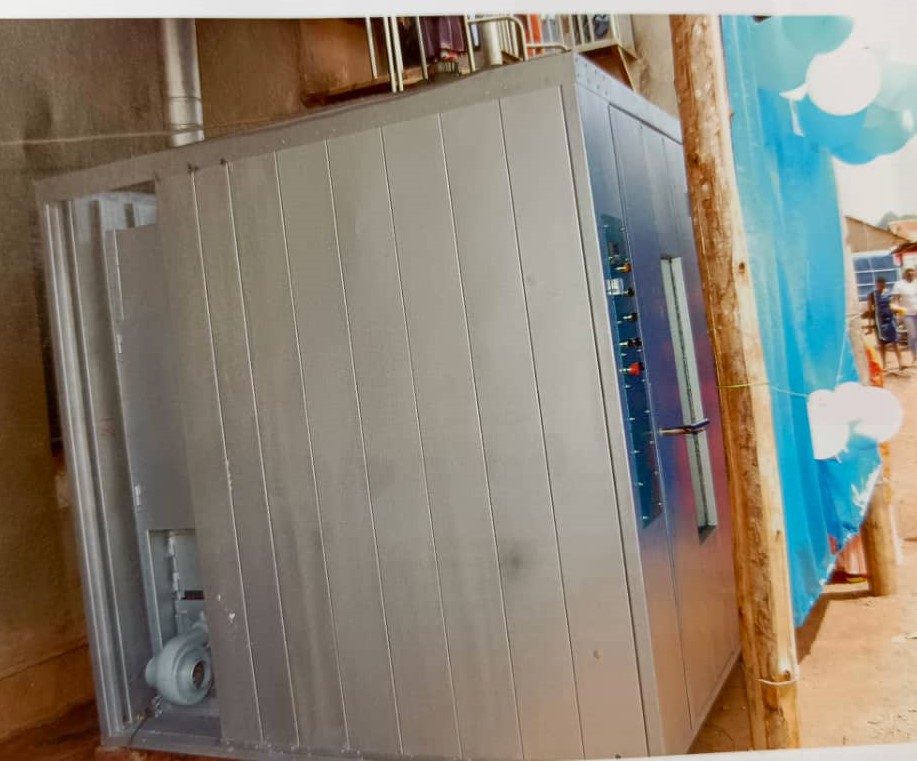
The Rotary oven is currently used in bakeries in the entire East African Region and Malawi because it has two elements every baker wants in an oven: quality and affordability. What is special about this oven is that it uses both electricity and firewood, can regulate heat and has a timer, yet — most importantly — it costs much less than others of similar quality.
“Because I have been in the same business and was aware of the cost of fuelling, I wanted to create something that was both eco-friendly and fuel-efficient,” he explains.
Even without advertising, and having hitherto mainly relied on word-of-mouth marketing, Wampamba is able to sell at least five ovens a year.
“What is most important is that I am able to skill other youth and provide employment,” he says. “I always encourage people to have faith in their own abilities and not give in to fear. Anyone can improve their situation whether with or without education as long as they have integrity and personal initiative.”
Wampamba has some words of advice to other budding entrepreneurs: “Do not sit around waiting for a handout either from people or government. Get out and do something that makes your society better and I guarantee you the government will meet you there. There is a difference between going to school and being educated; education never ends and you need to keep teaching yourself. If you have finished school and there is no job in your field, take that as an opportunity to innovate and contribute to it,” he counsels.
Ultimately, according to Wampamba, he dreams of setting up a school where he can equip many young people with the skills he has acquired over time. He hopes that the school will he legacy project, helping to develop Uganda’s next generation of job creators instead of job seekers.
This article was first published in Issue One of The Business Pulse magazine, a product of Kalabash Studios Africa Ltd. To get a copy of the magazine, please reach out to Mr Emmanuel Etyang, the CEO of Kalabash Studios Africa Ltd, via WhatsApp on +256 772 780304.


